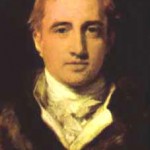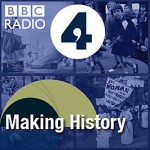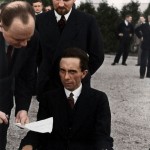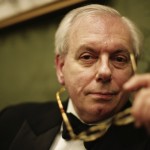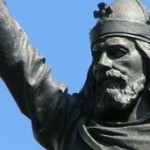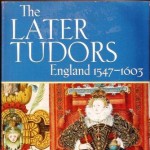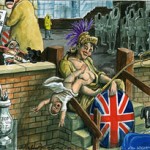 The National Portrait Gallery in London is running an exhibition entitled Elizabeth I and her people this Autumn. In their words the aim is to explore “the story of the Elizabethans from the Queen, the nobility and gentry to the many other talented individuals such as explorers, soldiers, merchants, artists and writers”. Click here for directions, and here to watch curator Tarnya Cooper introduce the exhibition. If you click here you can play the “Who do you think you were ?” game to find out where you would have been in Elizabethan society.
The National Portrait Gallery in London is running an exhibition entitled Elizabeth I and her people this Autumn. In their words the aim is to explore “the story of the Elizabethans from the Queen, the nobility and gentry to the many other talented individuals such as explorers, soldiers, merchants, artists and writers”. Click here for directions, and here to watch curator Tarnya Cooper introduce the exhibition. If you click here you can play the “Who do you think you were ?” game to find out where you would have been in Elizabethan society.
To find out more about Elizabeth society you should also come to History Society next Tuesday when I will be showing the Court episode of Ian Mortimer’s Time traveller’s guide to Elizabethan England. This was the BBC adaptation of the excellent book. There will be cake.
If you have never visited an art gallery then the National Portrait Gallery is a great place to start. It is a very special place, and it is free (although the exhibition itself is £11.50). It is full of surprises, and it is only round the corner from Mr Woo’s Chinese Restaurant – all you can eat for £5.50.
Tudors and Chinese – what more could you want from half term ?
Mr Kydd.

